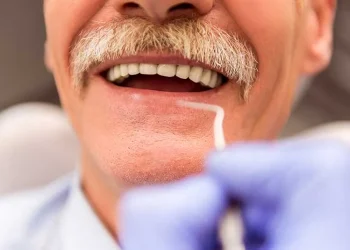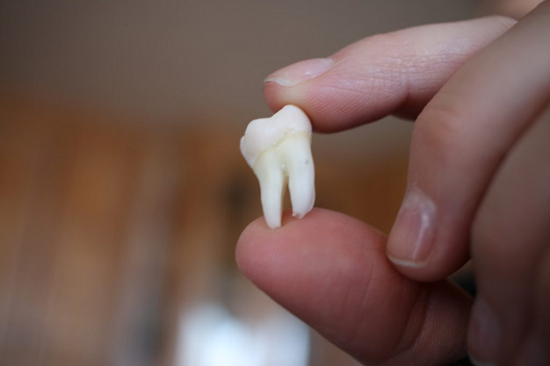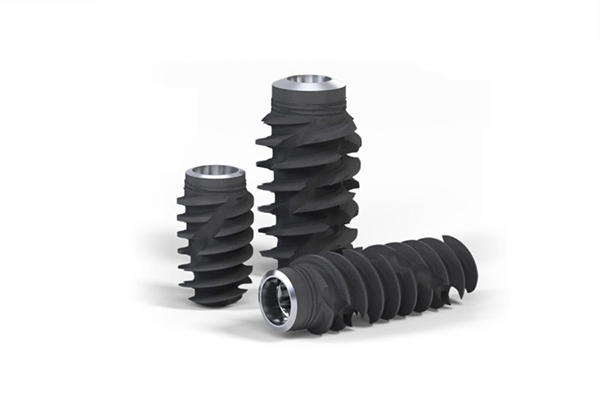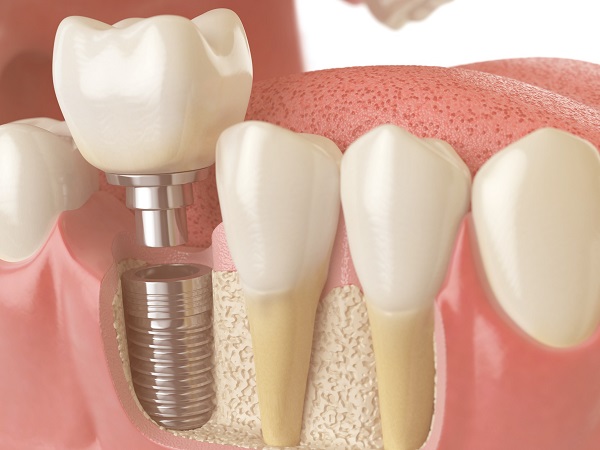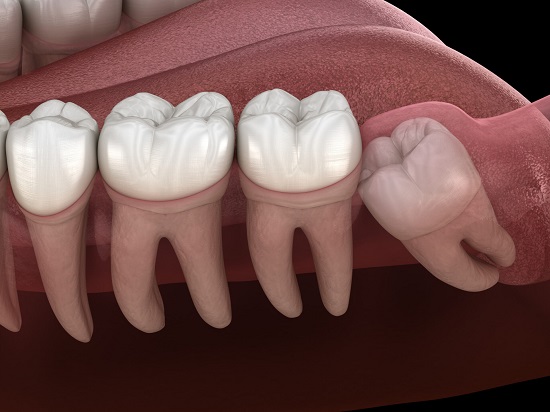Contents
What Are The Positive Side Effects Of Wearing Braces?
Braces have been a popular orthodontic treatment option for many years. They are used to straighten crooked teeth, correct overbites and underbites, and improve the overall appearance of a person’s smile. However, in recent years, there has been a lot of buzz surrounding the idea that wearing braces can actually lead to weight loss. In this blog post, we will explore this claim and determine whether or not it is true.
The Theory Behind Braces and Weight Loss
The theory behind the idea that wearing braces can lead to weight loss is that the discomfort and pain associated with having braces on your teeth can make it difficult to eat. This is because individuals who wear braces may experience soreness and pain in their mouth, making it uncomfortable to chew food. The soreness and pain can also lead to a decrease in appetite, causing individuals to eat less. Moreover, when individuals experience discomfort and pain, they may avoid certain foods altogether, which can lead to a reduction in calorie intake.
The Reality of Braces and Weight Loss
While it is true that wearing braces can cause discomfort and pain, it is unlikely that this will lead to significant weight loss. Most individuals who wear braces will experience some level of discomfort, but this discomfort typically subsides within a few days. Additionally, orthodontists typically recommend that individuals who wear braces avoid certain foods that are hard or sticky, but they can still eat a wide variety of other foods. Therefore, it is unlikely that the discomfort associated with wearing braces will result in significant weight loss.
While wearing braces may cause discomfort and pain, it is unlikely that it will lead to significant weight loss. While some individuals may eat less or avoid certain foods, most people will be able to eat a normal diet while wearing braces. Therefore, if you are considering braces as an orthodontic treatment option, it is important to focus on the benefits of straighter teeth and a more beautiful smile, rather than potential weight loss.
Other Factors that Contribute to Weight Loss during the Braces Process
Although braces may not directly cause weight loss, there are several factors that may contribute to it during the braces process.
Firstly, with the installation of braces, individuals become more conscious of their teeth and are more likely to take steps to take care of them. Regular brushing and flossing become essential parts of their daily routine. They also tend to avoid sugary and unhealthy foods that can cause tooth decay and contribute to weight gain. Thus, there may be a temporary weight loss.
Furthermore, many people tend to lose weight during the adjustment period. The adjustment period to wearing braces varies from person to person. While some may find the transition to be relatively smooth, others may experience discomfort or soreness in their teeth and gums, which can be alleviated with over-the-counter pain relief medication. However, it is common for individuals to experience a temporary change in eating habits during this period. For instance, they may have to consume softer foods that are easier to chew and swallow. Such changes may inadvertently contribute to weight loss.
Lastly, the increased awareness of dental health that comes with wearing braces may lead to an overall healthier lifestyle. This is because individuals wearing braces are more conscious of their oral hygiene and are motivated to take care of their teeth. Individuals with braces may be more mindful of their diet choices as certain foods can damage the brackets and wires. This can lead to a more balanced diet, which in turn can result in weight loss.
How to Avoid Losing Weight When Having Braces
Maintain a Balanced Diet
One of the main reasons why people tend to lose weight when wearing braces is because they have to avoid certain foods that can damage the brackets and wires. However, avoiding these foods does not mean that you should limit your diet to soft and bland foods. It is important to maintain a balanced diet that includes all the essential nutrients like protein, carbohydrates, and vitamins.
You can include soft foods like steamed vegetables, soups, and smoothies in your diet. You can also eat foods that are easy to chew, like cooked pasta, soft fruits, and well-cooked meat. Make sure to avoid sticky and sugary foods like caramel, gum, and soda, which can damage the brackets and wires and cause tooth decay.
Remember, while wearing braces may cause temporary changes in eating habits, it is important to maintain a healthy diet and lifestyle to ensure that your orthodontic treatment is successful and to promote overall health and well-being.
Drink Plenty of Water
Drinking water not only helps maintain good oral hygiene when wearing braces but also keeps your body hydrated. It can also help you avoid feeling hungry between meals. It is recommended that you drink at least 2 liters of water a day.
In addition to water, sugar-free beverages such as tea, coffee, and diet soda can also be consumed. However, it is important to keep away from sugary drinks such as regular soda and fruit juices as they can cause tooth decay.
Furthermore, drinking water also aids in digestion and helps to control body weight. It is always a good idea to carry a water bottle with you wherever you go so that you can drink water whenever you feel thirsty.
Practice Good Oral Hygiene
Maintaining good oral hygiene should be one of your priorities when wearing braces. Not only does it help to prevent tooth decay, gum disease, and bad breath, but it also keeps your teeth and gums healthy and strong. To achieve this, you should incorporate a few simple habits into your daily routine.
First and foremost, brush your teeth twice a day, using a soft-bristled toothbrush and fluoride toothpaste. This will help to remove plaque and bacteria from your teeth and braces. Pay extra attention to the areas around your brackets and wires, as these can trap food particles and bacteria.
In addition to brushing, floss your teeth at least once a day, using a floss threader or water flosser. This will help to remove food particles and plaque from between your teeth where your brush can’t reach. You can also use an interdental brush to clean between the brackets and wires.
Moreover, it is essential to visit your orthodontist regularly for check-ups and adjustments. They can provide you with tips on how to maintain good oral hygiene and avoid damaging your braces. During these visits, your orthodontist will also check that your braces are in good condition, adjust them if necessary, and monitor your progress towards a healthy, beautiful smile.
By following these simple steps, you can ensure that your teeth and gums stay healthy and strong throughout your orthodontic treatment. Not only will this help to prevent dental problems now and in the future, but it will also make your braces journey smoother and more comfortable.
Relax and Avoid Being Stressed
In order to avoid losing weight, it is essential to take care of your overall well-being, including your mental and emotional health. While it is important to trust your orthodontist and remain relaxed throughout the braces process, it is equally important to focus on finding healthy ways to manage stress. Chronic stress can have negative effects on both your physical and mental health, leading to a variety of issues in the long run. Some effective stress management techniques include regular exercise, mindfulness meditation, engaging in hobbies or activities you enjoy, and spending time with loved ones. By taking care of your mind and body, you can ensure that you are able to maintain a healthy weight and live a fulfilling life.
See a Doctor
If you are currently undergoing orthodontic treatment with braces and you are experiencing an unexpected and significant loss of weight, it is highly recommended that you schedule an appointment with your healthcare provider as soon as possible.
While some degree of weight loss can be expected during the braces process due to dietary changes and the initial discomfort that may make eating less appealing, significant and unexplained weight loss may be a sign of an underlying medical condition that requires prompt attention. Your doctor can evaluate your symptoms, perform any necessary tests or screenings, and provide you with guidance on how to maintain a healthy weight and overall well-being throughout your orthodontic treatment.
Additionally, they may be able to make recommendations for dietary changes or modifications that can help you achieve your weight goals while still ensuring that your braces remain functional and effective.
Wearing braces does not have to mean losing weight. By maintaining a balanced diet, drinking plenty of water, and practicing good oral hygiene, you can avoid losing weight and maintain a healthy lifestyle. Remember to follow your orthodontist’s instructions and avoid foods that can damage your braces. If you have any concerns about your weight or oral hygiene, contact your orthodontist for advice.


